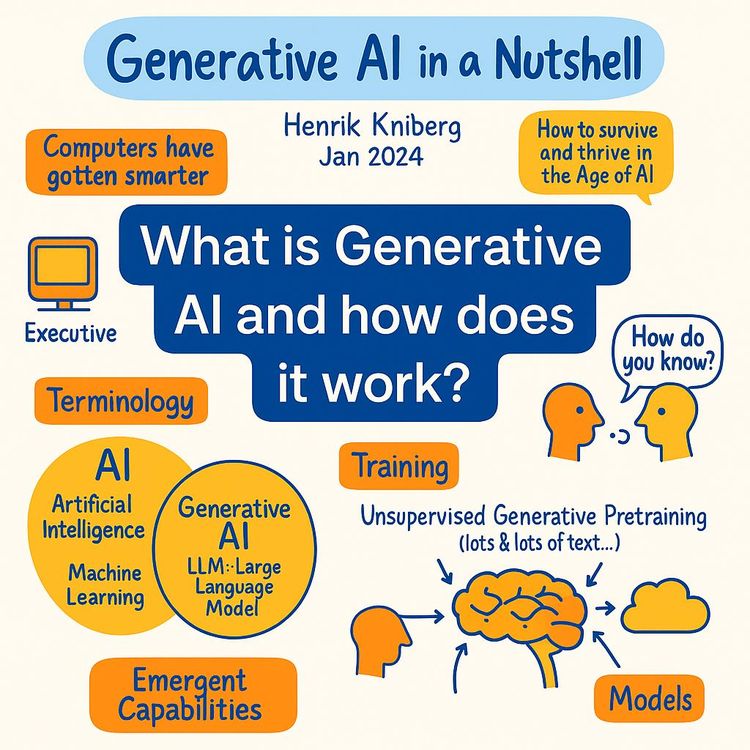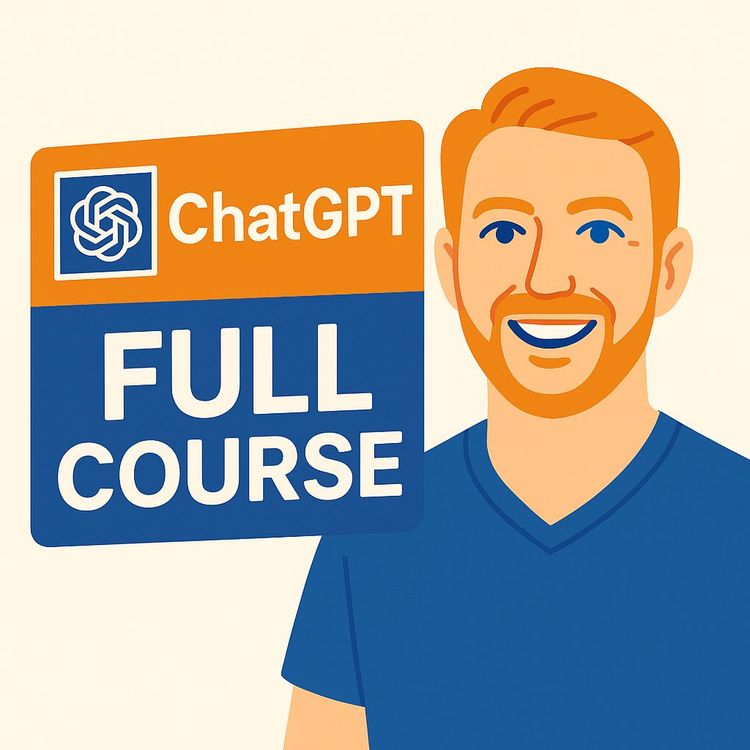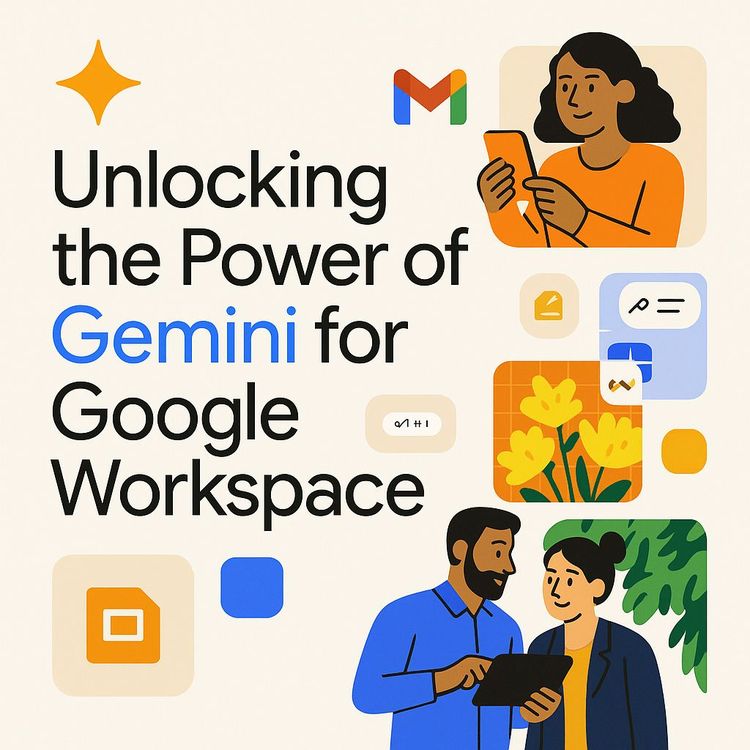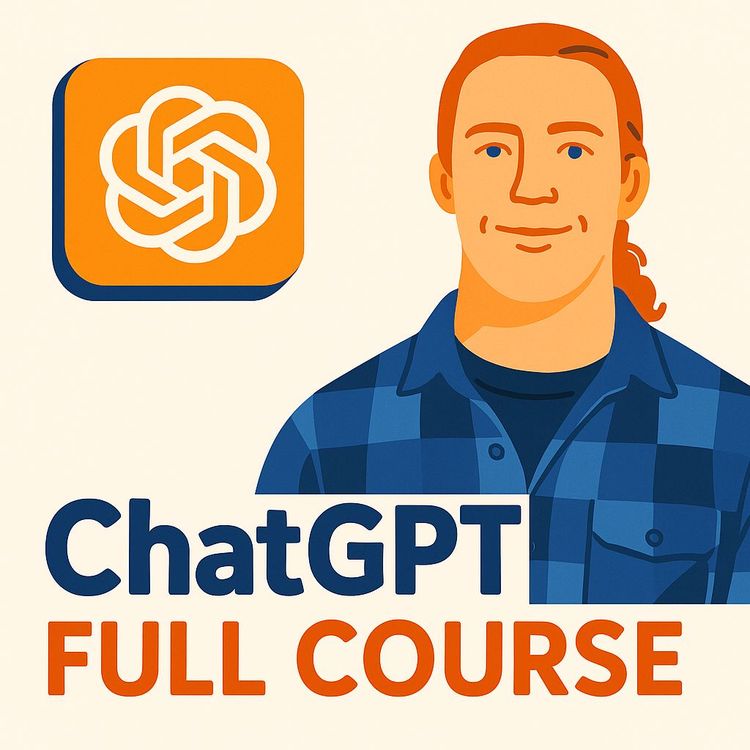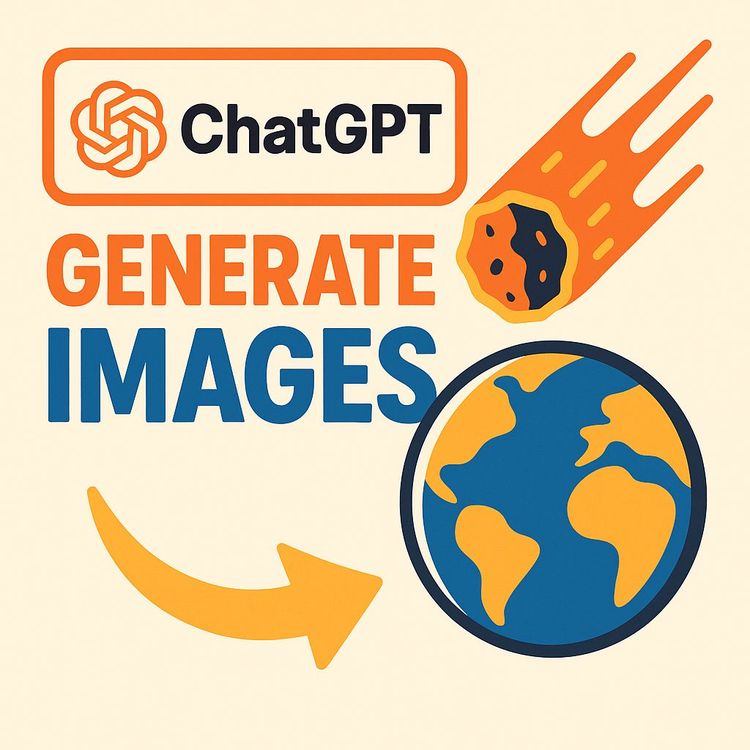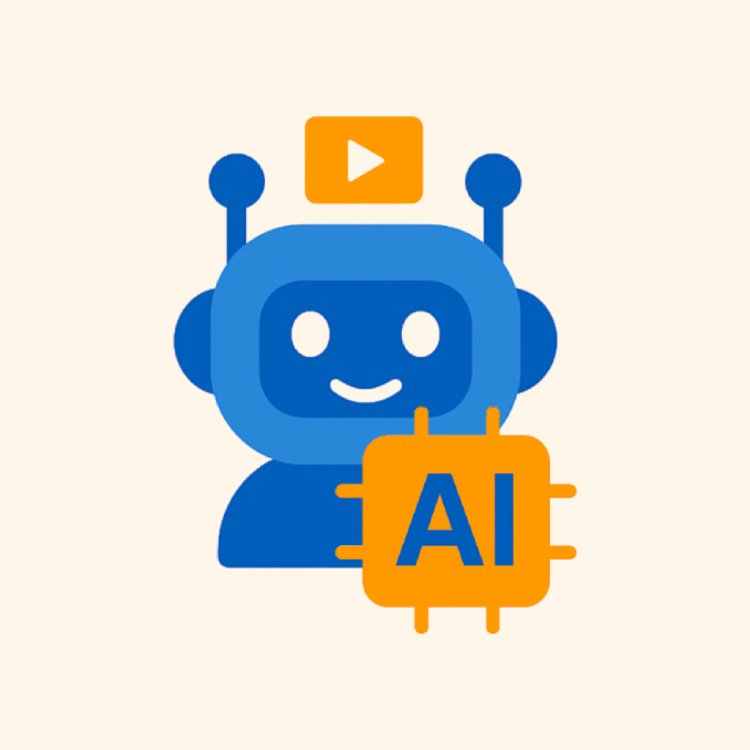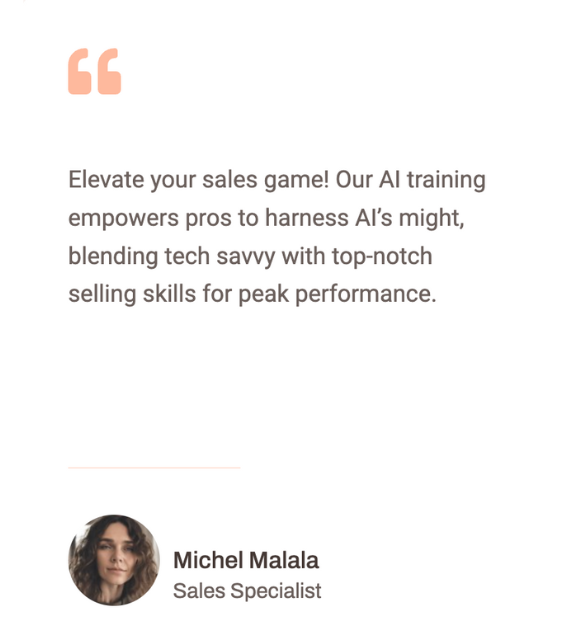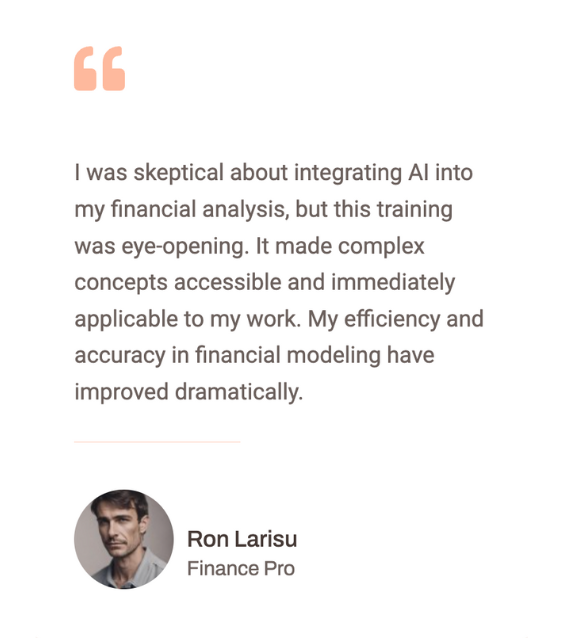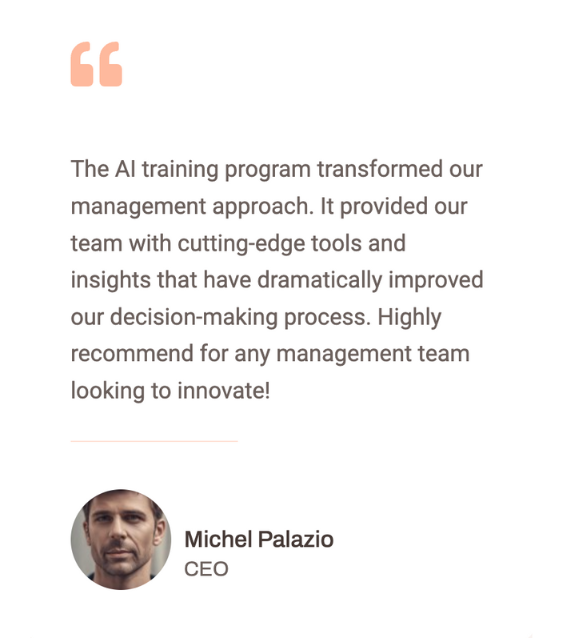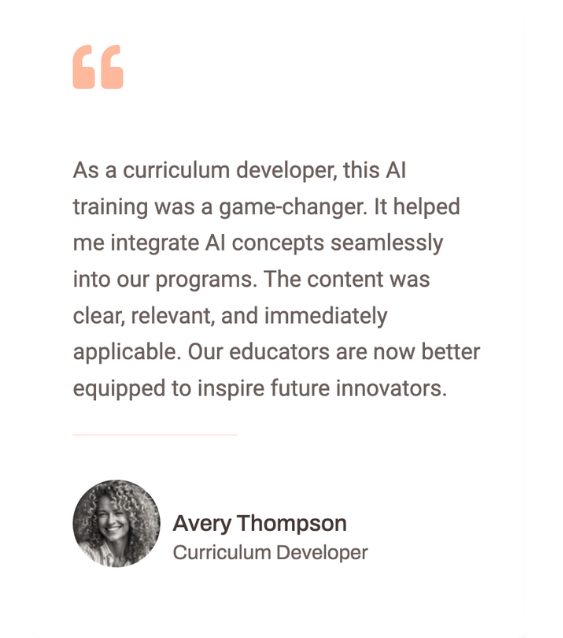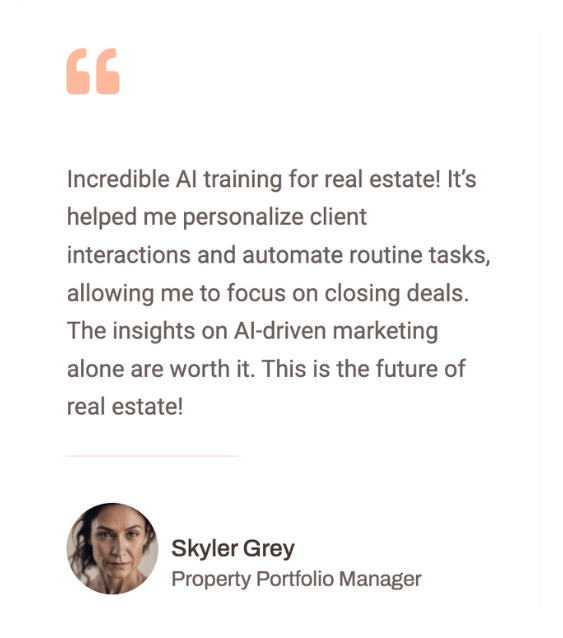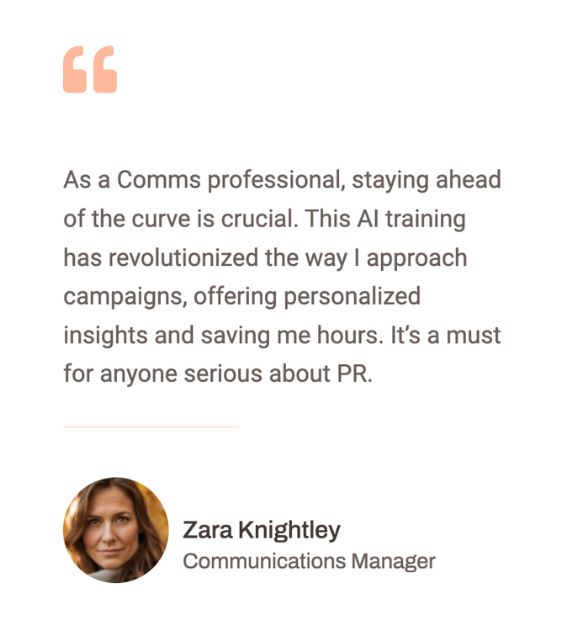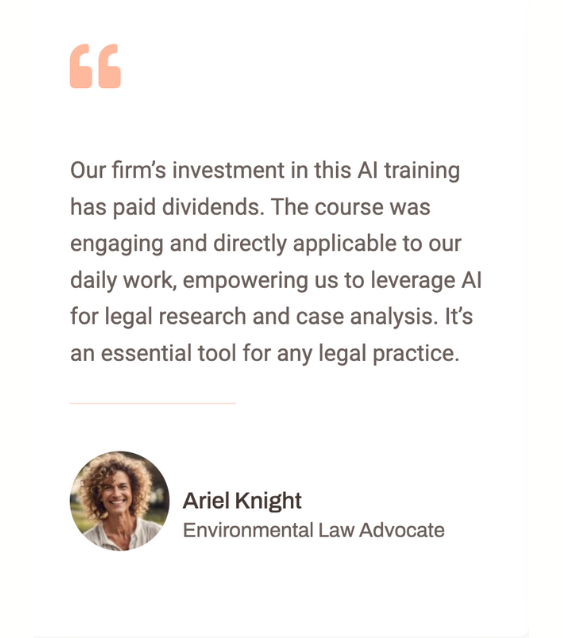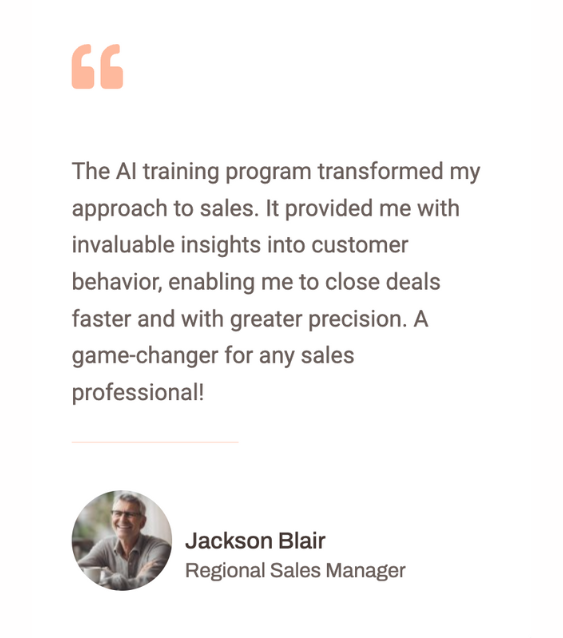Video Course: ChatGPT For Insurance Agents
Discover how to elevate your insurance business with AI. From automating tasks to enhancing client relationships, this course empowers agents with practical ChatGPT strategies to streamline operations and boost productivity.
Related Certification: Certification: ChatGPT Skills for Enhanced Insurance Sales & Client Service
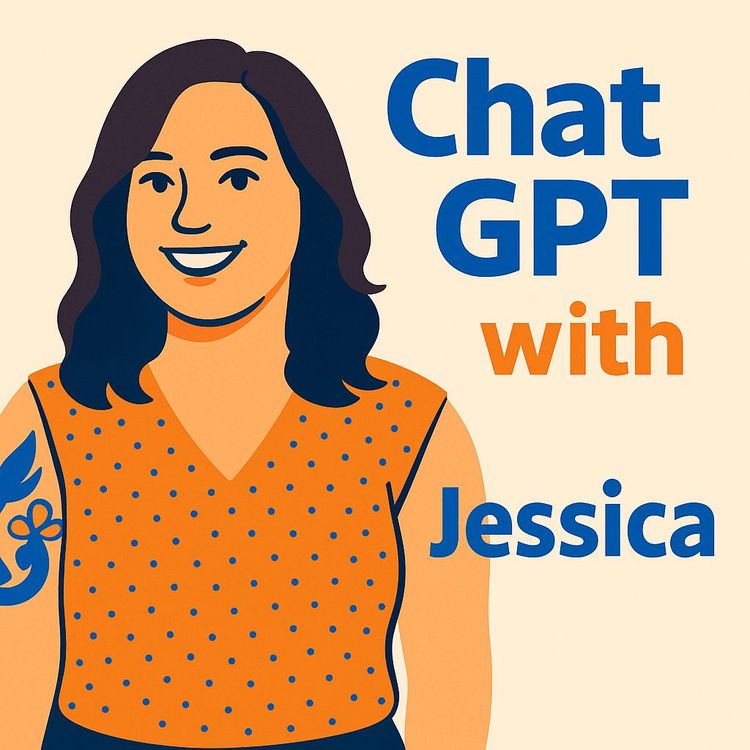
Also includes Access to All:
What You Will Learn
- Automate routine admin tasks with ChatGPT
- Summarize policies and regulatory documents
- Draft compliant client communications and marketing content
- Write effective prompts and multi-step AI workflows
- Deploy ChatGPT-powered chatbots for client support
Study Guide
Introduction to ChatGPT for Insurance Agents
Welcome to the comprehensive guide on leveraging ChatGPT for the insurance industry. As insurance agents, you're in a unique position to harness the power of artificial intelligence to enhance your workflows, improve client interactions, and ultimately grow your business. This course will walk you through everything you need to know about using ChatGPT effectively, from understanding its basic functionalities to implementing advanced strategies that can revolutionize your daily operations. Let's dive into how AI can become your ally in the insurance world.
Understanding ChatGPT and Its Relevance
ChatGPT is a sophisticated artificial intelligence tool designed to understand and generate human-like text.
For insurance agents, this means automating and streamlining various tasks, allowing you to focus more on building client relationships. Imagine having a tool that drafts content, summarizes complex documents, organizes tasks, and identifies potential partnerships, all while you engage with clients.
For example, consider the task of drafting personalized emails. ChatGPT can generate tailored messages for different client segments, saving you time and ensuring consistency in communication. Another practical application is summarizing lengthy policy documents, where ChatGPT can distill essential information, making it easier for you to convey key points to clients.
Practical Applications of ChatGPT for Insurance Agents
Automation and Streamlining:
ChatGPT can automate routine tasks like sending birthday cards or reminders. By setting up templates and schedules, you can ensure timely communication without manual intervention. For instance, use ChatGPT to draft and automate birthday greetings, freeing up time for more strategic activities.
Organization and Partner Identification:
Organizing your day and identifying potential partners is crucial for business growth. ChatGPT can help by suggesting local businesses, such as dentists or pharmacies, for strategic partnerships. This can lead to mutual referrals and expanded client bases.
Real-time Data Access:
With ChatGPT's ability to access current information, you can stay updated on industry trends and client needs. This feature is invaluable for making informed decisions and providing timely advice to clients.
Document Summarization:
Utilizing plugins, ChatGPT can summarize large documents, such as benefit rollout PDFs or regulatory updates. This capability saves time and ensures you have a quick reference to the most critical information. For example, instead of reading a 500-page document, you receive a concise summary highlighting changes and new rules.
Content Creation:
Generating video titles, scripts, and articles becomes seamless with ChatGPT. Whether you're creating content for marketing campaigns or educational materials for clients, ChatGPT provides creative and relevant ideas. For instance, use it to brainstorm video topics that resonate with your audience's current concerns.
Addressing Common Fears About AI
The Fear of AI Replacing Jobs:
A common concern is that AI might replace human jobs. However, the insurance industry thrives on personal relationships and trust. AI serves as a tool to enhance these interactions, not replace them. Clients appreciate the human touch when discussing complex insurance matters, and AI allows agents to dedicate more time to these valuable interactions.
For example, while AI can handle administrative tasks, it cannot replicate the empathy and understanding that a human agent provides during a face-to-face meeting. This personal connection is irreplaceable and remains a cornerstone of the insurance business.
Ensuring Accuracy and Compliance
Human Oversight is Essential:
While ChatGPT can generate content quickly, human oversight is crucial to ensure accuracy and compliance. Tools like Grammarly can help by integrating compliance rules specific to the insurance industry. This ensures that all generated content aligns with your brand voice and meets regulatory standards.
For instance, after ChatGPT drafts an article, review it for factual accuracy and tone. Cross-reference with reliable sources and make necessary edits to maintain the integrity of your communication.
Crafting Effective Prompts
The Role of Prompt Engineers:
A 'prompt engineer' crafts specific instructions to elicit desired responses from AI models like ChatGPT. While some may specialize in this, any agent can become proficient by applying critical thinking and clearly defining the desired output.
For example, when asking ChatGPT to generate a client newsletter, specify the topic, target audience, tone, desired length, and any specific sources. Experiment with different phrasing and refine prompts based on the responses received to improve the quality of the output.
Utilizing ChatGPT-Powered Chatbots
Enhancing Customer Service:
ChatGPT can power chatbots that enhance customer service by understanding and responding to a wide range of queries naturally. These chatbots can be trained on specific knowledge bases, such as Medicare information, to provide instant support and answer frequently asked questions.
For instance, deploy a chatbot on your website to handle common inquiries, freeing up your time for more complex tasks. This ensures clients receive timely assistance, improving their overall experience with your agency.
The "ChatGPT for Insurance Agents" Facebook Group
A Community for Learning and Collaboration:
The "ChatGPT for Insurance Agents" Facebook group is a valuable resource for agents looking to explore AI tools. It offers a platform to share ideas, ask questions, and learn from each other's experiences.
For example, use the group to access prompt handbooks, learn about new AI tools, and collaborate with peers on innovative strategies. It's a supportive space for those new to AI or seeking practical ways to enhance their productivity and business growth.
The Future of AI in Insurance
Anticipated Advancements:
AI technology is expected to advance significantly, with more companies integrating it into their operations. For insurance agents, this means increased productivity through automation and better access to data.
For example, future AI systems could automatically tag and filter CRM data, identifying opportunities based on client information. This would allow agents to provide more personalized and proactive service.
While AI becomes more powerful, human oversight for quality assurance and compliance will remain crucial. Agents who embrace these advancements will likely gain a competitive edge, serving their clients more efficiently and effectively.
Conclusion
By now, you should have a comprehensive understanding of how to leverage ChatGPT as an insurance agent. From automating routine tasks to enhancing client interactions, AI can significantly boost your productivity and business growth. Remember, the key to success lies in thoughtful application and continuous learning. Embrace these tools, and you'll be well-equipped to navigate the evolving landscape of the insurance industry.
Podcast
There'll soon be a podcast available for this course.
Frequently Asked Questions
Introduction
Welcome to the FAQ section for the 'Video Course: ChatGPT For Insurance Agents'. This resource is designed to provide clarity and insights into how ChatGPT can be a transformative tool for insurance professionals. Whether you're just starting out or looking to deepen your understanding, these FAQs cover a range of topics from basic concepts to advanced applications. Dive in to learn how to effectively integrate AI into your insurance practice.
What is ChatGPT and why is it relevant for insurance agents?
ChatGPT is a sophisticated artificial intelligence tool, a large language model, capable of understanding and generating human-like text. It's relevant for insurance agents because it can automate and streamline various aspects of their work, enhancing productivity and allowing them to focus on building client relationships. From drafting content and summarising complex documents to organising tasks and identifying potential partnerships, ChatGPT offers a multitude of applications for the insurance industry.
How can insurance agents practically use ChatGPT to grow their business?
Insurance agents can leverage ChatGPT in several ways to expand their business. This includes automating routine tasks such as sending birthday cards, streamlining operational processes, and even assisting with social media content. It can help identify potential local business partners like dentists or pharmacies for strategic alliances. ChatGPT can also organise daily schedules and, with real-time data access and plugins, summarise lengthy documents like benefit rollout details or regulatory updates, saving significant time and effort.
There's a concern that AI might replace insurance agents. Is this a valid fear?
While AI, including ChatGPT, can automate many tasks, the fear of it entirely replacing insurance agents is not considered valid. The insurance industry fundamentally relies on personal relationships and trust. Clients value the human touch when it comes to understanding complex insurance matters and making informed decisions. AI serves as a powerful tool to enhance an agent's efficiency and reach, allowing them to dedicate more time to client interaction, building rapport, and providing personalised advice, which are irreplaceable human elements.
How can agents ensure the accuracy and compliance of content generated by ChatGPT?
While ChatGPT can generate content quickly, it's crucial for agents to maintain oversight to ensure accuracy and compliance. It is recommended to use tools like Grammarly's professional version, which allows for the integration of compliance rules and specific language requirements relevant to the insurance industry. Agents must review all AI-generated content to ensure it aligns with their brand voice, avoids jargon where necessary, and accurately represents information, potentially cross-referencing with reliable sources. Fact-checking and human editing remain essential steps in the content creation process.
What are 'prompt engineers', and how can an average agent create effective prompts for ChatGPT?
A 'prompt engineer' is someone skilled in crafting specific and detailed instructions (prompts) to elicit desired responses from AI models like ChatGPT. While some individuals may specialise in this, any agent can become proficient at writing effective prompts. The key is to apply critical thinking and clearly define the desired output, including specifics like the topic, target audience, tone, desired length (e.g., word count), and any specific sources to be used. Experimenting with different phrasing and refining prompts based on the responses received is also part of the process.
How can insurance agents utilise ChatGPT-powered chatbots in their business?
ChatGPT's capabilities extend to powering chatbots that can enhance customer service and streamline interactions. While traditional chatbots offer pre-programmed responses, ChatGPT-enabled chatbots can understand and respond to a wider range of queries in a more natural, conversational way. Agents can explore platforms and tools that leverage AI to create chatbots for their websites or other communication channels. These chatbots can be trained on specific knowledge bases, such as Medicare information or details about the agent's services, to provide instant support and answer frequently asked questions, freeing up the agent's time for more complex tasks.
What is the "ChatGPT for Insurance Agents" Facebook group, and how can it benefit agents?
The "ChatGPT for Insurance Agents" Facebook group is a community created to help insurance professionals learn about and effectively implement ChatGPT and other AI tools into their businesses. It serves as a platform for agents to share ideas, ask questions, and learn from each other's experiences. The group provides resources like prompt handbooks, shares information on new AI tools, and fosters collaboration. It's a valuable space for agents who are new to AI or looking for practical ways to leverage these technologies to enhance their productivity and business growth.
How is AI expected to evolve in the next 3-5 years, and what implications does this have for insurance agents?
Over the next 3-5 years, AI technology is expected to advance significantly, with more companies integrating generative AI into their operations. For insurance agents, this will likely mean increased productivity through automation and better access to and analysis of data. AI could facilitate more sophisticated CRM systems with automated tagging and filtering, potentially identifying opportunities based on client data. There's also anticipation of more open APIs allowing for greater connectivity between different systems. While AI will become more powerful and integrated, human oversight for quality assurance and compliance will remain crucial. Agents who embrace and learn to leverage these advancements will likely gain a competitive edge by being able to serve their clients more efficiently and effectively.
How can virtual assistants sourced through Higher Heroes benefit an insurance agent's business?
Virtual assistants from Higher Heroes can handle tasks like social media management, responding to messages, and data entry, freeing up the agent's time to focus on core activities like building relationships and generating leads. This allows agents to improve efficiency and focus on higher-value tasks.
According to Jessica Atkins, why will the insurance industry always require a human touch despite advancements in AI?
Insurance is inherently a relationship business where clients value the personal connection and trust in being educated about insurance and making important coverage decisions. This face-to-face interaction and human empathy cannot be fully replicated by AI.
Describe two specific ways ChatGPT can help an insurance agent increase their productivity.
ChatGPT can help agents automate operational tasks like generating birthday cards or streamline their day by helping to organise schedules and identify potential local business partners for referrals. It can also be used for summarising lengthy documents like benefit rollout information, saving significant time.
What is the significance of ChatGPT now having access to real-time data compared to its previous limitations?
Previously, ChatGPT's knowledge was limited to data up to a certain point. With real-time data access, it can now provide more current information, which is crucial for tasks like research, understanding recent industry changes, and providing up-to-date advice to clients. This enhances the relevancy and accuracy of the information provided by ChatGPT.
How can insurance agents use ChatGPT for content marketing, and what crucial human element is still required in this process?
Agents can use ChatGPT to generate ideas for content, draft articles, and create video scripts, significantly speeding up the initial stages of content creation. However, a human element is still vital for reviewing the content for accuracy, compliance, brand consistency, and tone before publishing.
What is AutoGPT, and how does it differ from simply using ChatGPT with individual prompts?
AutoGPT is an autonomous AI agent that, once given a goal, can independently generate and execute a sequence of prompts and actions to achieve that objective without constant human input. Unlike using ChatGPT for single tasks, AutoGPT can manage multi-step workflows.
Describe one way an insurance agent could potentially use an AI chatbot on their website or platform.
An agent could train a chatbot on Medicare 101 information and embed it on their website to answer common client queries about Medicare plans and eligibility. This would provide instant support to visitors and free up the agent from handling basic informational requests.
What was the primary motivation behind Jessica Atkins creating the "ChatGPT for Insurance Agents" Facebook group?
Jessica Atkins created the Facebook group to provide a supportive community where insurance agents could learn about ChatGPT and other AI tools, share ideas on how to implement them in their businesses, and access resources like prompt handbooks in a safe and collaborative environment. The group aims to foster learning and innovation among insurance professionals.
According to Jessica Atkins, how might AI potentially enhance an insurance agent's ability to serve their clients better in the coming years?
AI could enable agents to leverage data in their CRMs to identify client needs and opportunities proactively, such as recognising when a client's prescription changes might necessitate a different insurance plan. This real-time, data-driven insight can lead to more personalised and effective client service.
What are some ethical considerations and potential risks associated with the increasing use of AI in the insurance industry?
Ethical considerations include data privacy, algorithmic bias, and the spread of misinformation (known as "hallucinations"). To mitigate these risks, it's important to implement robust data protection measures, regularly audit AI systems for bias, and ensure human oversight in decision-making processes.
Why is continuous learning and adaptation important for insurance agents in the age of AI?
As AI technology rapidly evolves, insurance agents must stay informed to effectively integrate AI tools into their workflow. Continuous learning enables agents to leverage new tools for increased efficiency, adapt to industry changes, and maintain a competitive edge. Strategies include attending workshops, participating in online forums, and engaging with professional communities.
What are the potential benefits and drawbacks of using publicly available AI tools like ChatGPT versus developing custom AI solutions for an insurance agency?
Publicly available AI tools like ChatGPT offer cost-effectiveness and ease of implementation. However, they may lack customisation and pose data security concerns. Custom AI solutions provide tailored functionalities and enhanced data protection, but they require significant investment and expertise to develop and maintain.
What are some common misconceptions about using AI in the insurance industry?
One misconception is that AI will completely replace human agents. In reality, AI is designed to augment human capabilities, not replace them. Another misconception is that AI can operate without human oversight. While AI can automate tasks, human involvement is crucial for ensuring accuracy, compliance, and ethical considerations.
What challenges might insurance agents face when integrating AI into their business operations?
Challenges include resistance to change, data privacy concerns, and the need for upskilling. Agents may also encounter difficulties in selecting the right AI tools and ensuring they align with business objectives. Overcoming these challenges requires a strategic approach, continuous education, and fostering a culture of innovation within the organisation.
Certification
About the Certification
Show the world you have AI skills—master practical ChatGPT strategies to boost insurance sales, streamline client interactions, and stay ahead in a rapidly evolving industry. Elevate your expertise and stand out in the insurance sector.
Official Certification
Upon successful completion of the "Certification: ChatGPT Skills for Enhanced Insurance Sales & Client Service", you will receive a verifiable digital certificate. This certificate demonstrates your expertise in the subject matter covered in this course.
Benefits of Certification
- Enhance your professional credibility and stand out in the job market.
- Validate your skills and knowledge in cutting-edge AI technologies.
- Unlock new career opportunities in the rapidly growing AI field.
- Share your achievement on your resume, LinkedIn, and other professional platforms.
How to complete your certification successfully?
To earn your certification, you’ll need to complete all video lessons, study the guide carefully, and review the FAQ. After that, you’ll be prepared to pass the certification requirements.
Join 20,000+ Professionals, Using AI to transform their Careers
Join professionals who didn’t just adapt, they thrived. You can too, with AI training designed for your job.

